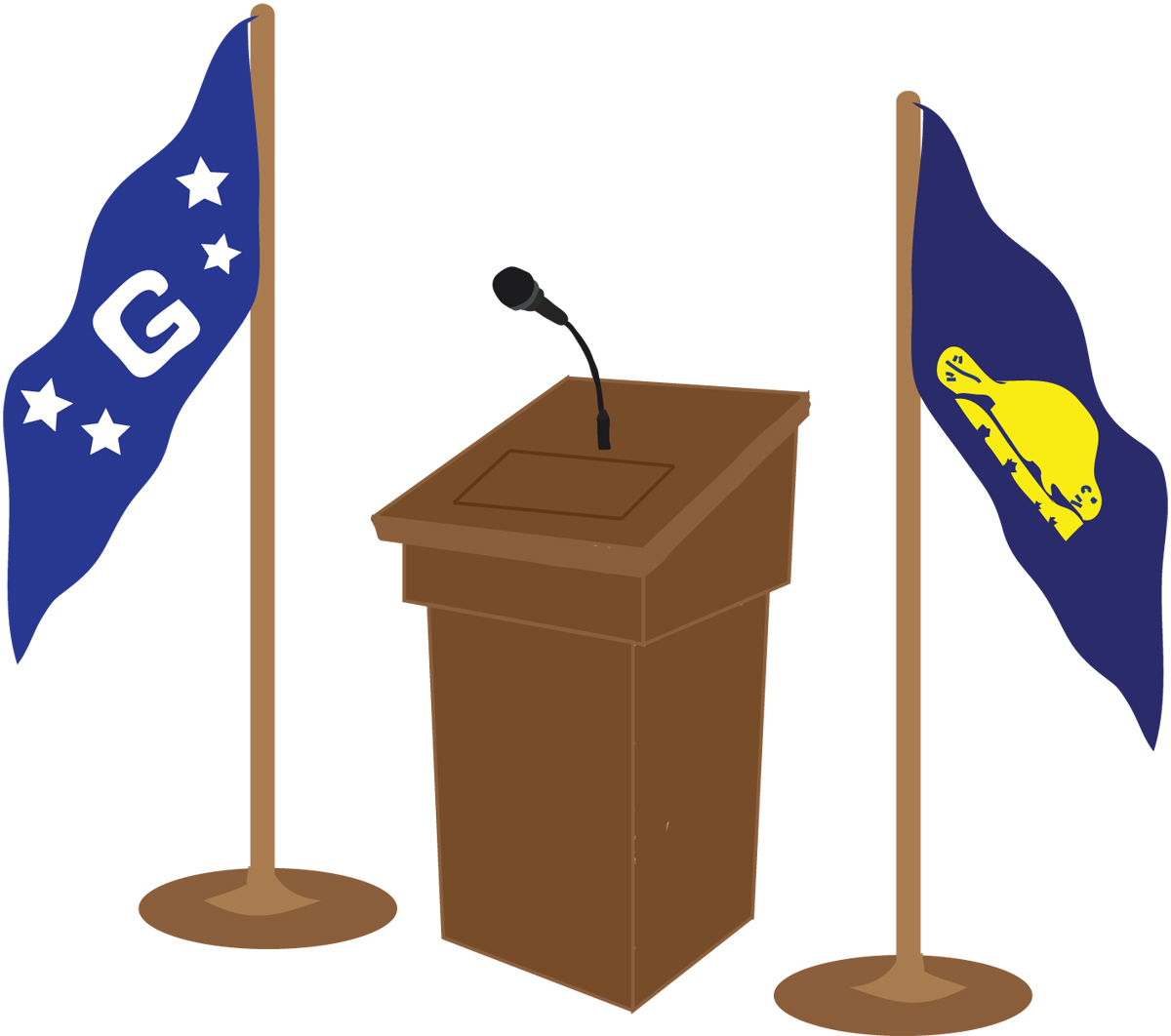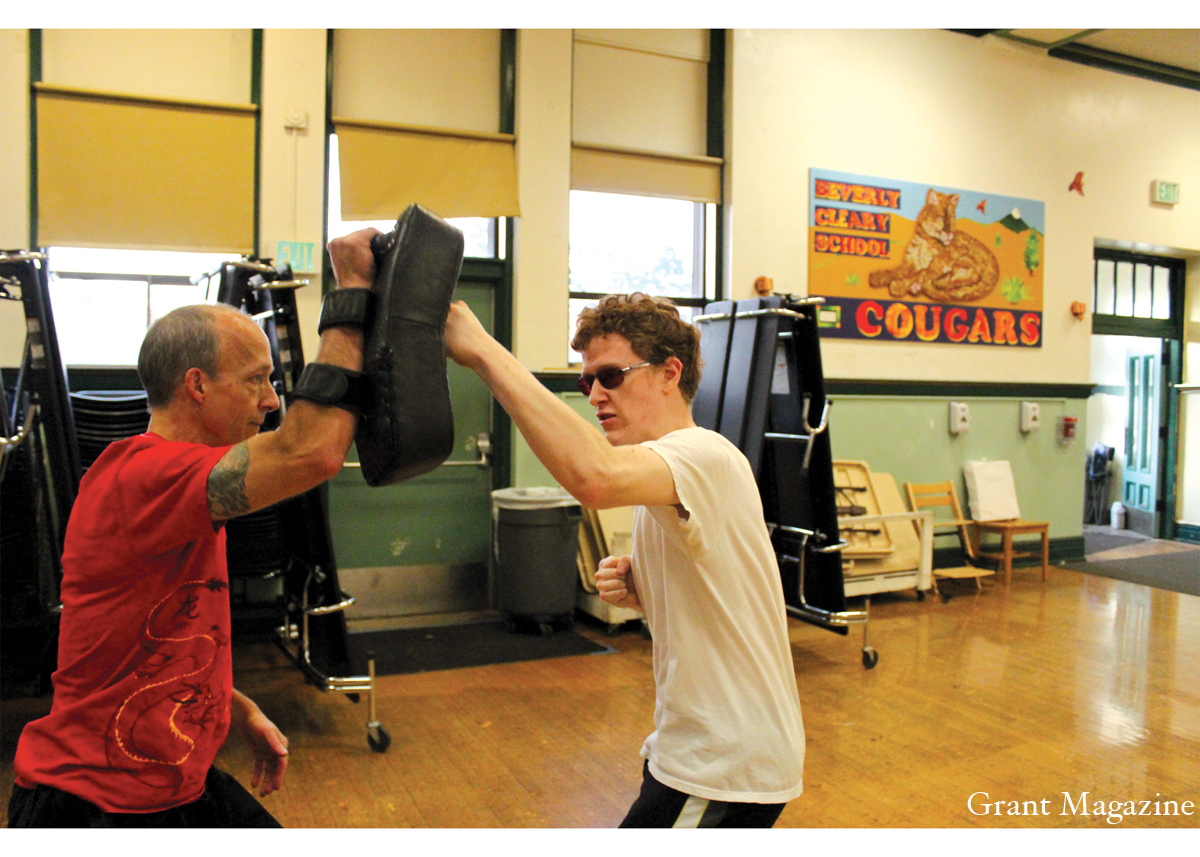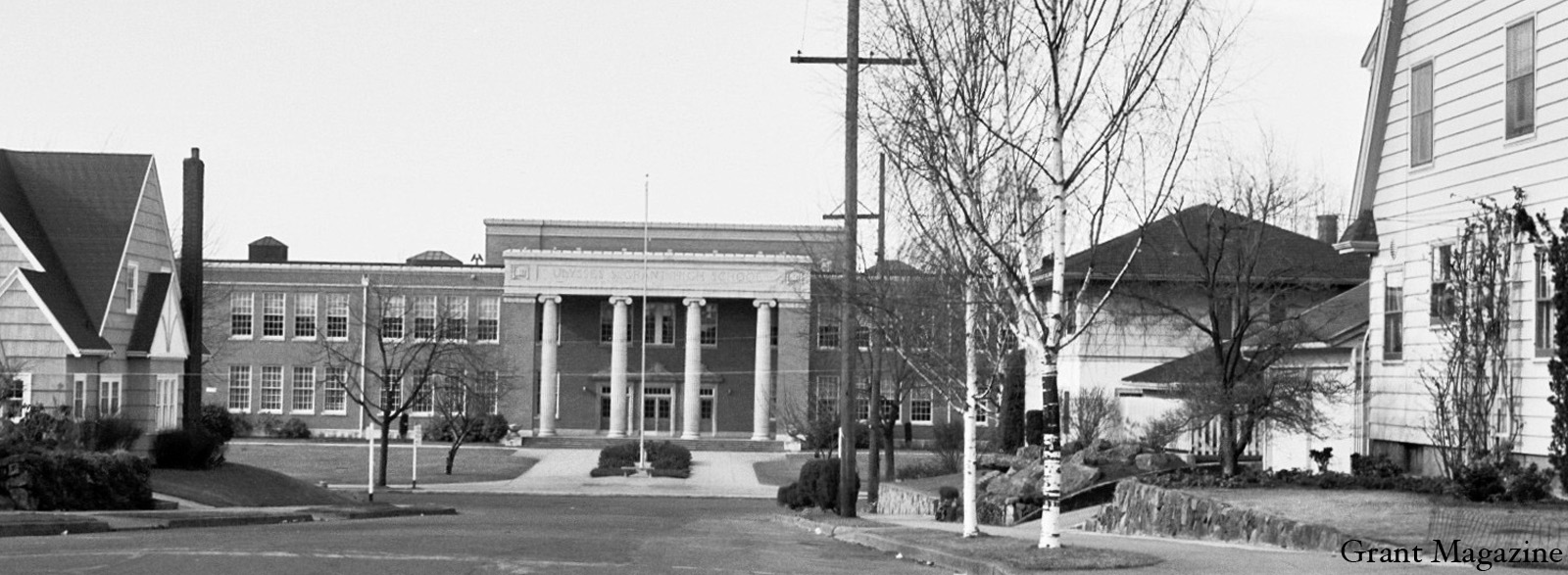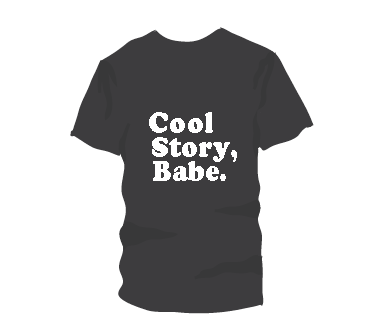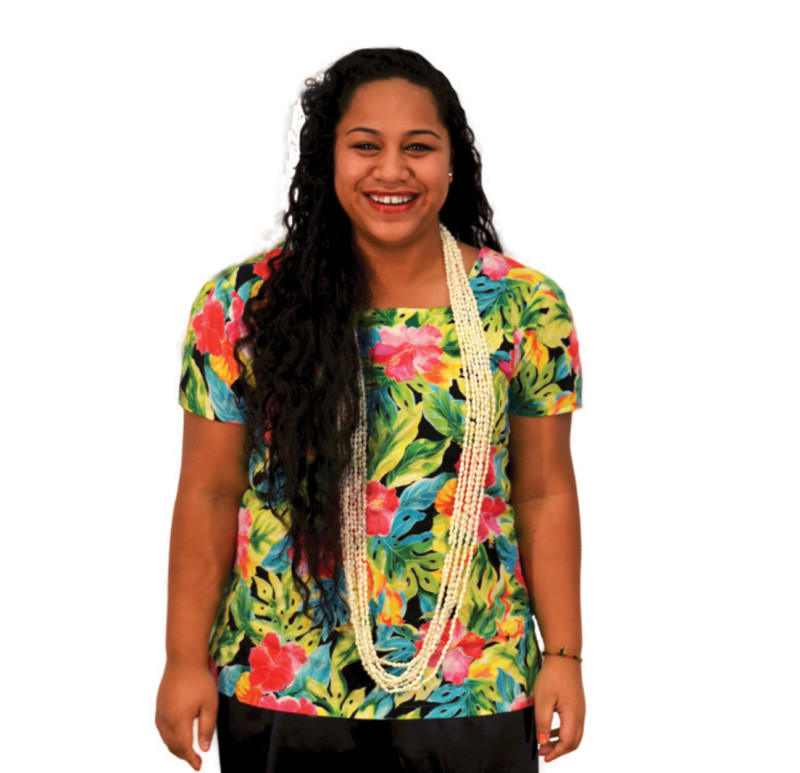
What is unique about being Tongan and Fijian? Are there certain standards you have to live up to because of your heritage?
My mom is far away from her Fijian side, so I’m surrounded by Tongans. We have this Afeikoula. It is the law of being a Tongan. It goes through every characteristic a Tongan is supposed to have and I try to live up to it. One of them is being honest, having enthusiasm, just being a righteous person. And to be humble is extremely important because not everything comes easy.
Are there any religious aspects to the Afeikoula?
I’m Mormon. So one of the elders came down, he went and served. And learned a lot of things. He realized how LDS (Latter Day Saints) standards for youth align with Tongan standards and that sometimes as youth are confused with how to act and how to set standards for ourselves. He just put it straight out there. He brought out the Tongan attributes and showed us how they are so similar to an LDS person.
When did your relatives come to the United States?
My mom lived in Rutuma, Fiji and my dad lived in Otea, Tongo. He came here his freshman year. My mom came a little later. She was like 19. I have an older sister who graduated and two younger brothers. I’m never really alone. My brother, Felisiano, is a sophomore and then my brother, Tifere, is a freshman.
Is there a cultural significance behind your name?
Kalamafoni means telephone or gramophone. It’s a cross between the two. It means love one another. My parents named me Fe’ofa’aki because my father’s sister was a close friend to my mom and my aunt Fe’ofa’aki was the first one to be there when I was born.
I understand you hula dance. When did that begin?
The first dance I ever learned was from my mom. It was a Lilo and Stitch number and it was so fun because it’s just so easy to learn. It was pretty easy to follow, so I was all for it. It’s really enjoyable, especially when you do it with your friends. Sometimes our elders will break out a dance out of nowhere.
What other activities do you participate in outside of school?
I play rugby. I tried out for the rugby Oregon all-star team and made it. And the all-star team is basically Oregon’s girls rugby team during the summer. They only take the best in Oregon. And I was privileged to be able to be on that team. As a team, we travel together and play against other states.
Were you involved with sports when you were growing up?
I was basically the bookworm girlish one in my family. I read Pride and Prejudice when I was like 11, 12 years old. And I got addicted to the Unfortunate Events series. I read The Golden Compass. All these books and my dad kind of looked at me weird because I was reading books similar to what my mom was reading.
So what got you into rugby?
My sister played for Lincoln, they were really good and I loved every game. My sister was like, “You don’t understand the game. It’s so much adrenaline when you’re playing.” And I got a little adrenaline just by watching it. She said, “You don’t know it till you play it.” Then she put me down saying, “I don’t think you’d last,” and I was like, “you know what, I’m going to play.” The other coaches expected me to be like my sister but I was smaller and I was more of a runner than a tackler at first. Then I learned how to tackle and became a combination of both. They got something different than what they expected. When you get me the ball, I will take it far.
Other than dominating the rugby field, what else do you see in your future?
I want to go into nursing. Anything to do with helping people, really. Either Washington State… then there’s BYU-Idaho, which I’m trying to get into. ♦
Check out the rest of our Time With interviews for more brief snapshots of Grant community members.

